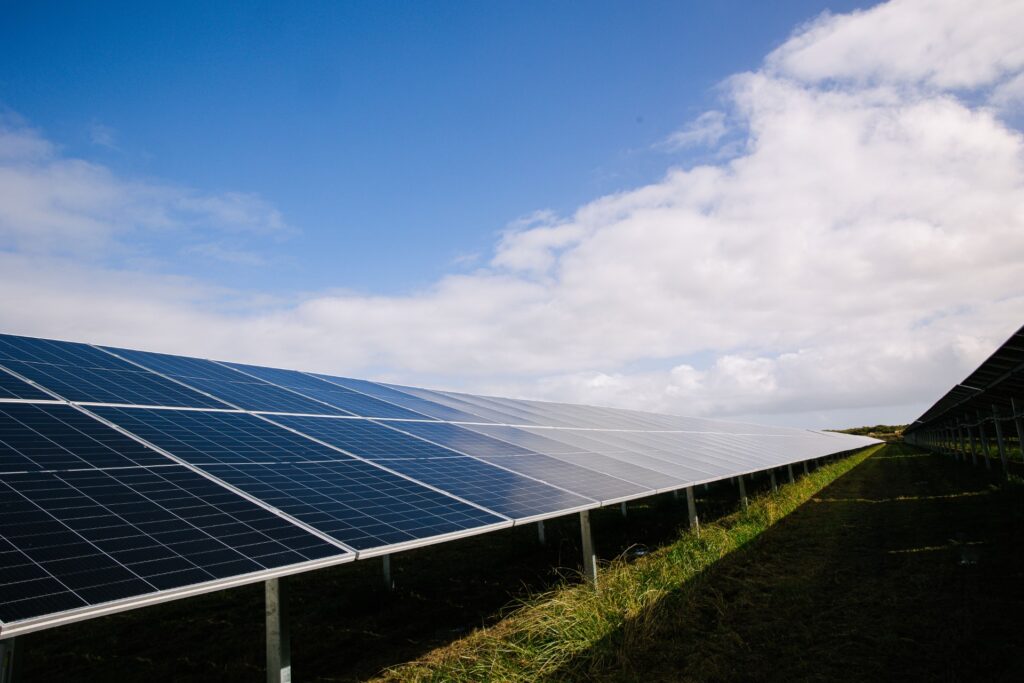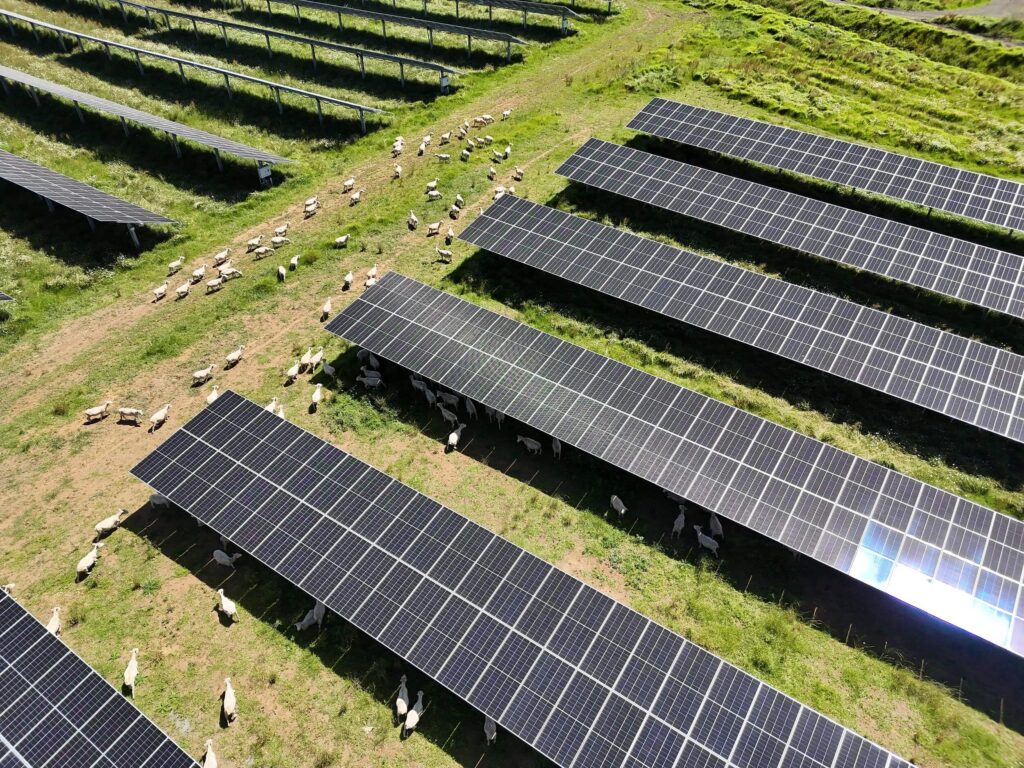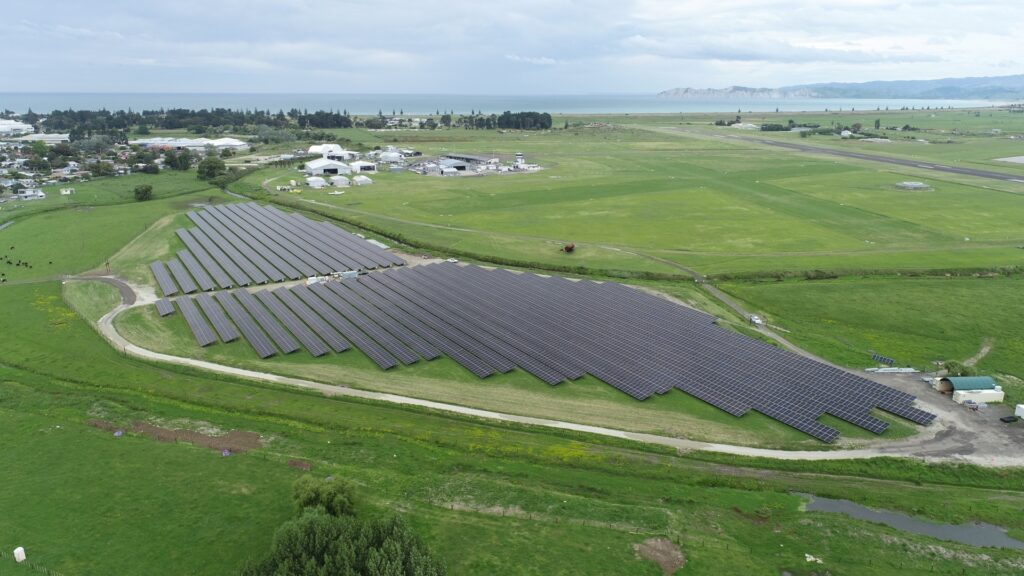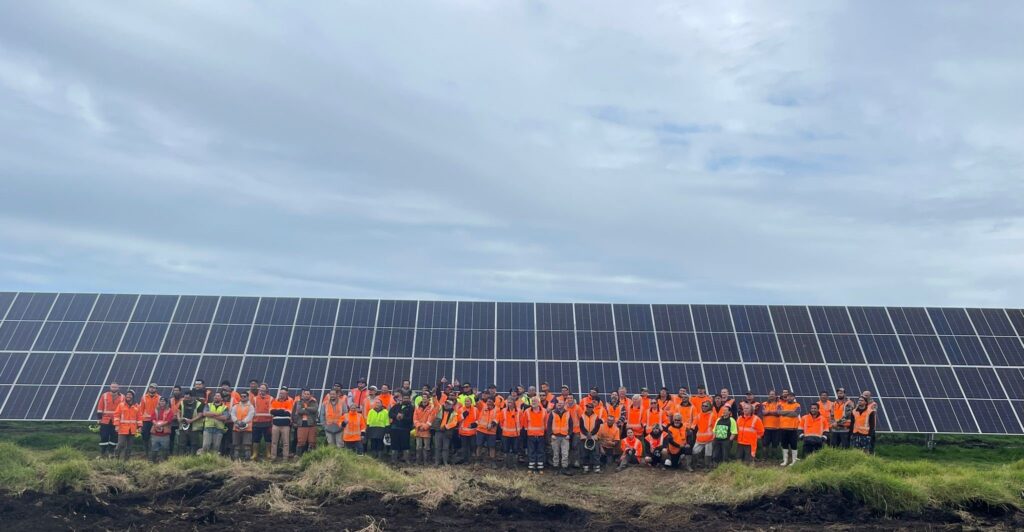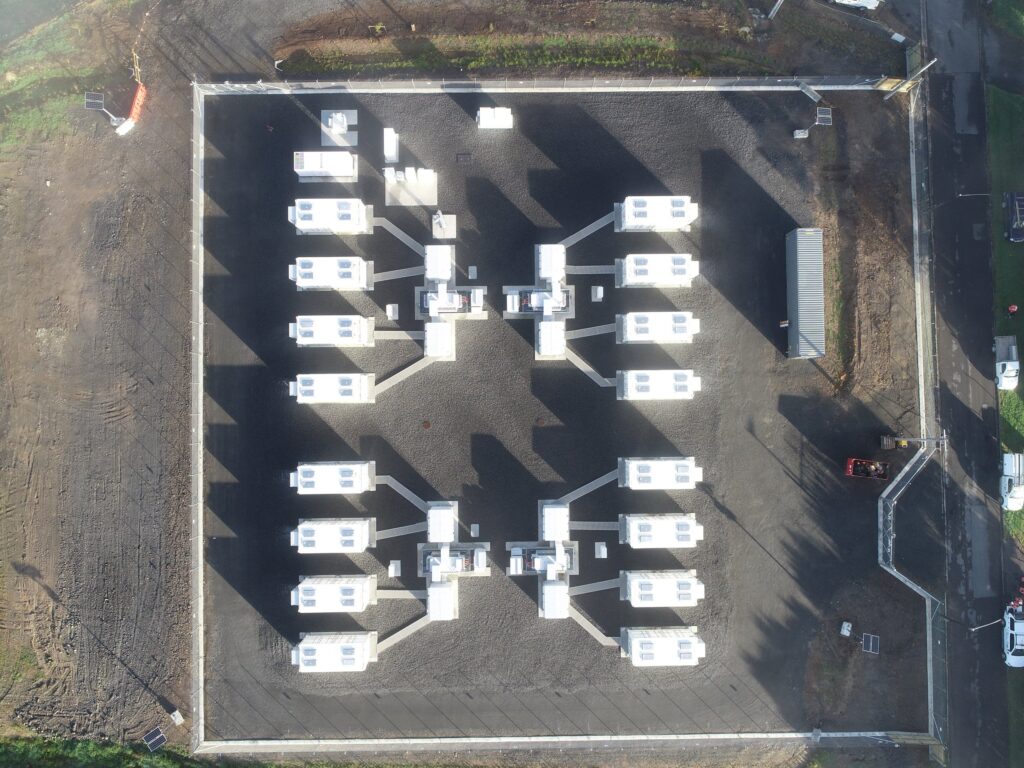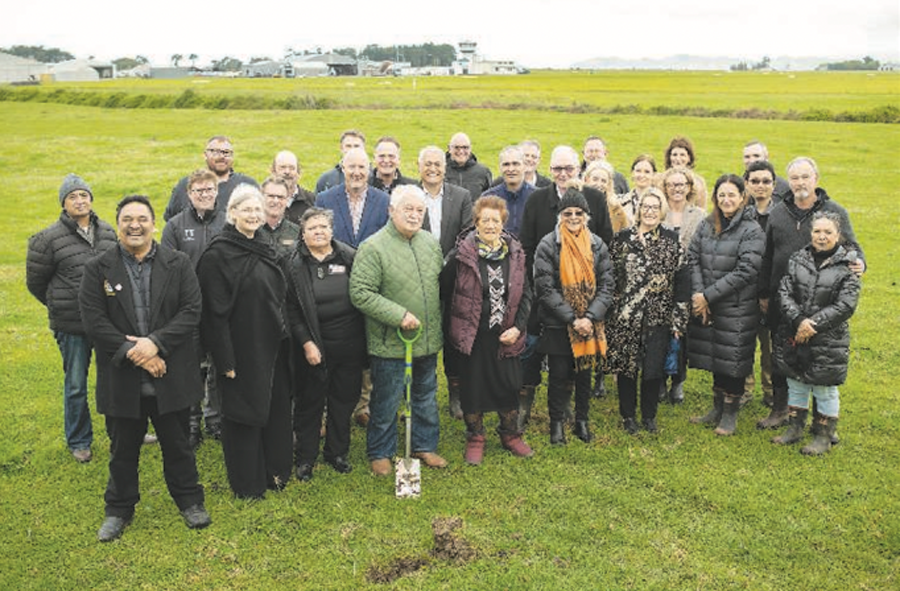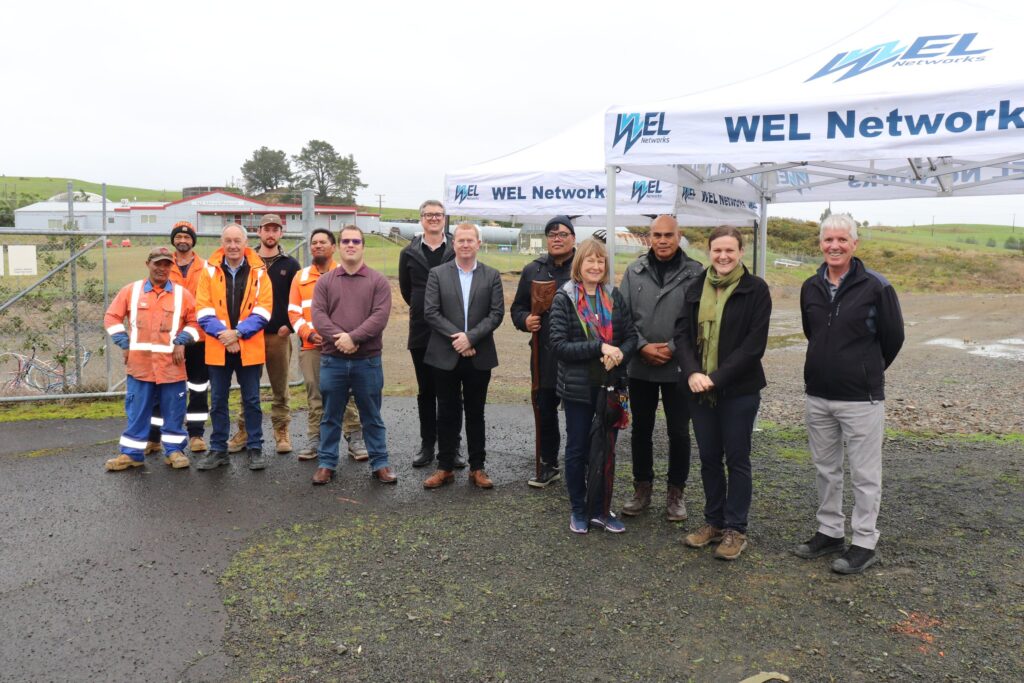WEL Networks and Infratec are preparing to construct a 35MW Battery Energy Storage System (BESS). The battery will play a pivotal role in the reduction of emissions in the Waikato and will support New Zealand’s Net Zero goal of becoming 100% renewable by 2030.
The BESS will provide the opportunity for more renewable generation to be installed, with the large scale battery able to store energy from a range of renewable sources including wind and solar. The project will deliver strengthened reliability of electricity supply for Waikato customers and will benefit the national grid through its ability to help correct supply and demand imbalances.
“This technology will help network resilience while supporting renewable generation uptake. Lodging resource consent for this $25 million project is a huge milestone for WEL,” Chief Executive Garth Dibley says.
WEL Networks and Infratec are in the final stages of carefully assessing the battery opportunity. The 35MW battery will store enough energy to meet the daily demands of over 2,000 homes and will be capable of providing fast reserve support for the North Island grid at times of high demand.
“Infratec are recognised as leaders in battery installation and low carbon energy projects. We’ve used our collective international battery experience to develop this exciting opportunity with WEL,” Infratec General Manager Business Development Nick Bibby says.
“Batteries will need to be embedded in networks to best serve local communities. We have selected a mature technology with a 20-year life span, so we expect this battery to be making headlines for all the right reasons for years to come.”
Maximising the benefits for New Zealand
Batteries are expected to play an increasing role in New Zealand as the country transitions to Net Zero. WEL’s battery will be designed to serve all parts of the electricity supply chain.
“We strongly believe that our battery will offer value to WEL network customers by, supporting the charging of EV’s, maximising the benefits of solar power and providing back up during grid emergencies.” Dibley says.
The BESS is expected to be commissioned by October 2022.


